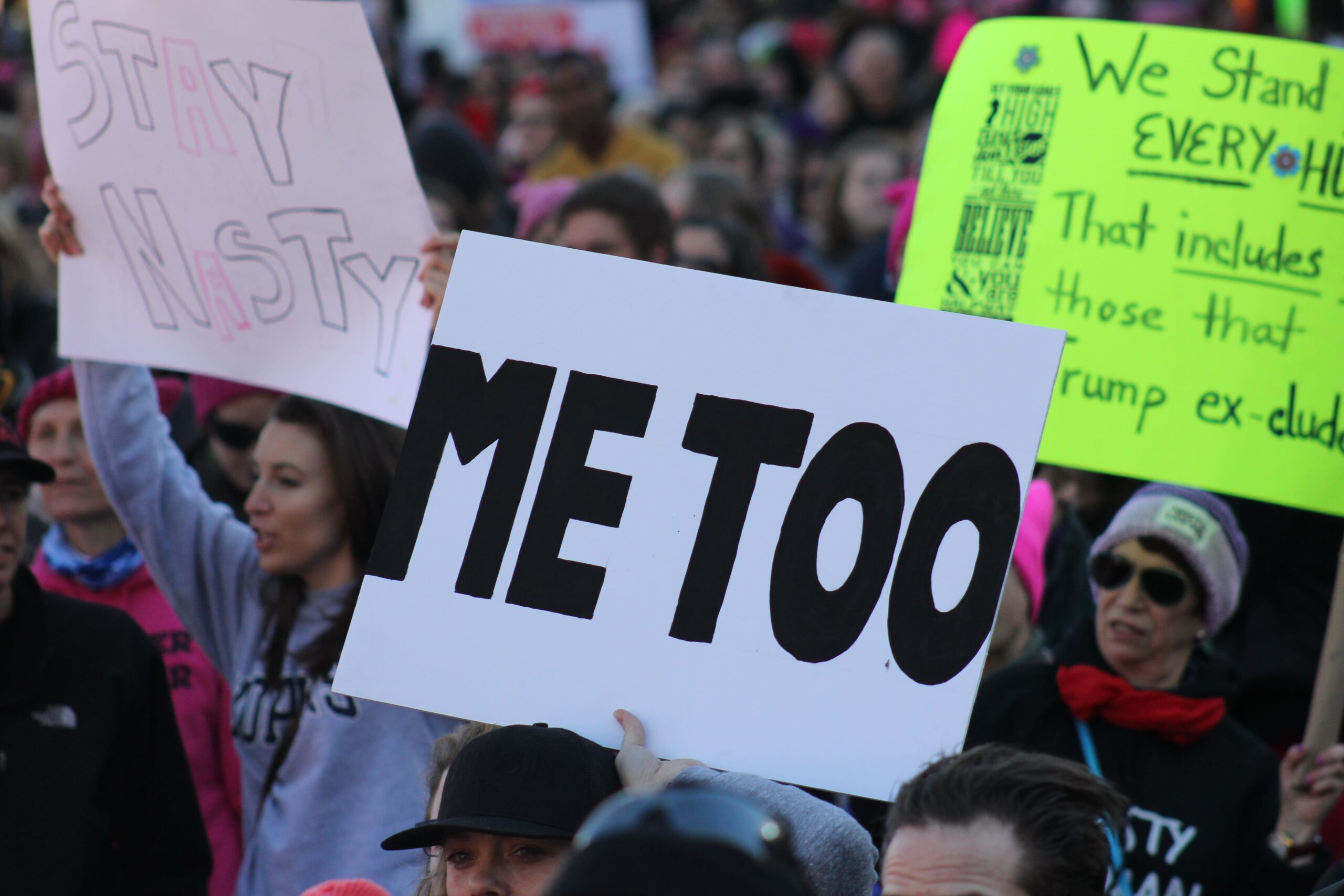
Since the 21st century, social movements have played a prominent role in shaping both the political and public climate. Among these, the #MeToo movement has had a profound impact, influencing the way society addresses issues related to gender, power, and workplace culture.
The origins of the MeToo movement go as far back as 2006, when black feminist and activist Tarana Burke used the term to address sexual violence within her community. However, it was not until 2017 that the movement started to gain global momentum, following a viral tweet made by actress Alyssa Milano. Inspired by her own experiences, Alyssa Milano tweeted about the MeToo movement and encouraged others who had faced sexual harassment and assault to do the same. Within 24 hours, the original tweet had been shared over 12 million times, pushing the issue of sexual harassment and assault to worldwide attention. At its core, MeToo is an organiser in the global movement to end sexual and gender-based violence. This prompts us to ask in what ways MeToo has changed the political and public climate since its inception.
As of 2017, social media platforms such as Instagram, Twitter, and Facebook have been used to share reports of harassment or assault. In turn, MeToo has created an environment whereby women feel empowered to question norms entrenched at the larger institutional level that were often overlooked, especially within male-dominated fields such as the trucking industry, the military and the National Football League. One notable achievement includes franchise owner Dan Snyder being forced to sell a large part of his NFL shares due to ongoing sexual harassment accusations. A female supporter reportedly said, “I grew up in the DC area and the commanders, the team formerly known as the Redskins, seemed untouchable.” Evidently, this major shift in norms has allowed more women to come forward and speak out, slowly pushing against stereotypes and deeply entrenched practices.
At its core, sexual harassment is ultimately about power, who has it and who does not. Changing workplace culture is a huge milestone for MeToo, as the workplace does not create a stable or uniform set of rules. Part of the progress of the MeToo movement has been to help shift more of the power back into employers’ hands through transforming workplace culture.
In the wake of widespread exposures of workplace harassment, the MeToo movement marked a moment of not just cultural reckoning but a powerful catalyst for legal change. After the movement’s rapid rise, the Time’s Up Legal Defence Fund was founded, which aims to help survivors of sexual misconduct access legal aid. The impact of the organisation was profound, with over $20 million raised and over 3,677 people connected with attorneys to pursue possible action. The fund also provides research and resources to the public to keep the topics of justice and resources for victims of sexual violence relevant.
Included in these legal efforts was the passage of Senate Bill 775, which went into effect on June 30, 2022. The bill revised the language and terminology that is used to form the “Sexual Assault Survivors Bill of Rights” to ensure that victims know their rights regarding the gathering of evidence, medical exams, access to incident reports and protections from an attacker. The MeToo movement’s “Bill of Rights” offered clear guidance to victims, including who to contact and the necessary steps to take following an assault, to pursue from an attacker.
Clearly, the MeToo movement has reshaped the public and political climate, giving survivors a more supportive workplace, challenging entrenched social norms and prompting critical legal changes. Through social media outcry and new legislation, MeToo has triggered important shifts in how society approaches sexual harassment and assault.
Edited by Elizabeth Pinkney
Image: Elvert Barnes, 2018// CC BY-SA 2.0



Average Rating